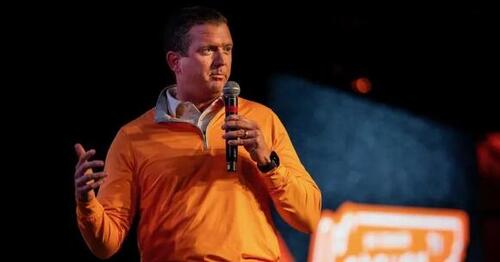Tennessee's Danny White ‘Optimistic’ About House Settlement, Urges Collective Bargaining for College Sports

KNOXVILLE, Tenn. (June 11, 2025) – Tennessee Volunteers athletic director Danny White expressed optimism about the recently approved House v. NCAA settlement while maintaining that true reform in college athletics will require collective bargaining.
With a landmark $2.8 billion antitrust settlement given final approval by U.S. District Judge Claudia Wilken earlier this month, universities will now be able to directly compensate student-athletes—up to about $20 million annually per school—with backpay scheduled to begin July 1. White called the settlement “extraordinary relief” but warned it doesn’t address the deeper structural challenges of modern college sports
In a candid interview shared by Chancellor Donde Plowman, White emphasized:
He noted that while the settlement introduces revenue-sharing and roster limits, it stops short of worker protections and doesn’t establish a system to manage dozens of revenue and non-revenue programs nationwide allfortennessee.com+1si.com+1. White emphasized the complexity involved: balancing over 20 sports, navigating state labor laws, Title IX implications, and the shifting NIL landscape.
Labor expert Michael LeRoy praised White’s stance, calling it “atypical” for an AD but a potentially “very healthy development” for labor relations in college sports backingthepack.com.
In support of White, Chancellor Plowman added: “It’s the only way we’re going to get there,” underlining the sentiment.
Though the settlement curbs booster-driven NIL arms races and forces schools to set compensation caps, many boosters, players, and administrators worry new lawsuits and enforcement disparities remain unresolved—with no protections currently in place for athletes as potential employees.
As the NCAA and Power Five conferences ready their compliance frameworks by July 1, White says his concern goes beyond paychecks: it’s about labor stability, preventing future legal battles, and providing transparent employee-like protections for athletes under collective bargaining.
Bottom line: The House settlement marks a seismic shift—allowing direct payments, instituting roster caps, and bringing anti-amateur sentiment to the forefront—but for White and some experts, it’s only step one. The next phase, he asserts, must include collective bargaining to truly professionalize and stabilize the college sports landscape.
With a landmark $2.8 billion antitrust settlement given final approval by U.S. District Judge Claudia Wilken earlier this month, universities will now be able to directly compensate student-athletes—up to about $20 million annually per school—with backpay scheduled to begin July 1. White called the settlement “extraordinary relief” but warned it doesn’t address the deeper structural challenges of modern college sports
In a candid interview shared by Chancellor Donde Plowman, White emphasized:
“Collective bargaining is the only issue. It’s the only solution.”
He noted that while the settlement introduces revenue-sharing and roster limits, it stops short of worker protections and doesn’t establish a system to manage dozens of revenue and non-revenue programs nationwide allfortennessee.com+1si.com+1. White emphasized the complexity involved: balancing over 20 sports, navigating state labor laws, Title IX implications, and the shifting NIL landscape.
Labor expert Michael LeRoy praised White’s stance, calling it “atypical” for an AD but a potentially “very healthy development” for labor relations in college sports backingthepack.com.
In support of White, Chancellor Plowman added: “It’s the only way we’re going to get there,” underlining the sentiment.
Though the settlement curbs booster-driven NIL arms races and forces schools to set compensation caps, many boosters, players, and administrators worry new lawsuits and enforcement disparities remain unresolved—with no protections currently in place for athletes as potential employees.
As the NCAA and Power Five conferences ready their compliance frameworks by July 1, White says his concern goes beyond paychecks: it’s about labor stability, preventing future legal battles, and providing transparent employee-like protections for athletes under collective bargaining.
Bottom line: The House settlement marks a seismic shift—allowing direct payments, instituting roster caps, and bringing anti-amateur sentiment to the forefront—but for White and some experts, it’s only step one. The next phase, he asserts, must include collective bargaining to truly professionalize and stabilize the college sports landscape.
